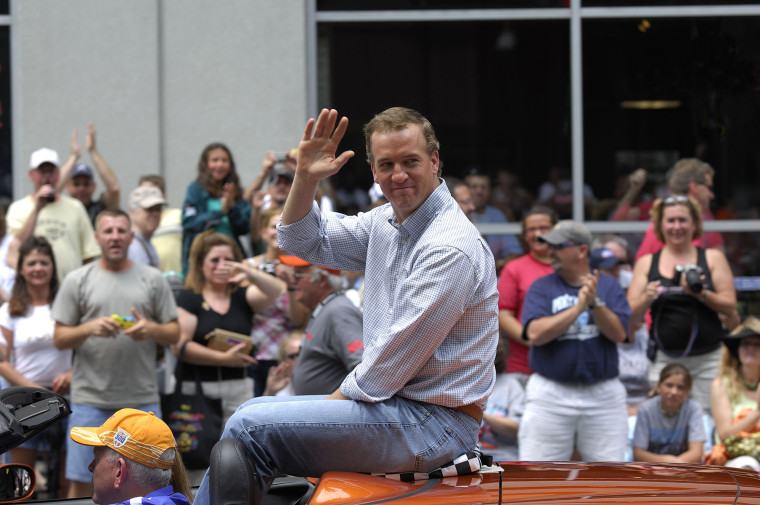As Peyton Manning concludes his 18-year career with the National Football League, fans and experts are remembering what the quarterback really has meant to the league. The true impact of Manning’s footprint on the game of football goes beyond his record wins, Super Bowl victories or passing yard record, according to a sports business expert at Washington University in St. Louis.

As Patrick Rishe explains, there’s the bottom line to consider, and Manning helped the NFL and his teams’ cities cash in like no other athlete.
“Today, pundits from across the sporting world will salute Peyton Manning for his accomplishments on the field,” said Rishe, director of the Business of Sports Program at Olin Business School, on Forbes.com. “You would be hard-pressed to find an athlete who has had a more lasting and impactful financial influence upon a city than Peyton Manning’s economic impact upon the city of Indianapolis.”
Rishe says without Manning’s winning impact on the Indianapolis Colts, the city’s Lucas Oil Stadium likely would not have been financed or built in 2008. Since it opened, the stadium has hosted a Super Bowl as well as NCAA and Big Ten championship events, allowing the city to rake in millions.
“At an estimated cost of $750 million, there is absolutely no way Lucas Oil Stadium receives 50-percent financing from the public sector if not for the team’s turnaround in success during the Manning era,” Rishe said.
While Manning spent less time with the Denver Broncos, Rishe says there was still a financial impact there as well. Capacity at Broncos games, while already high at 99 percent before Manning’s arrival, increased to 101 percent during Manning’s four years in the Mile High City. Rishe says this likely impacted revenue and in-stadium purchases, boosting the city’s cash-in.
Rishe is available for interviews and may be reached at prishe@wustl.edu
